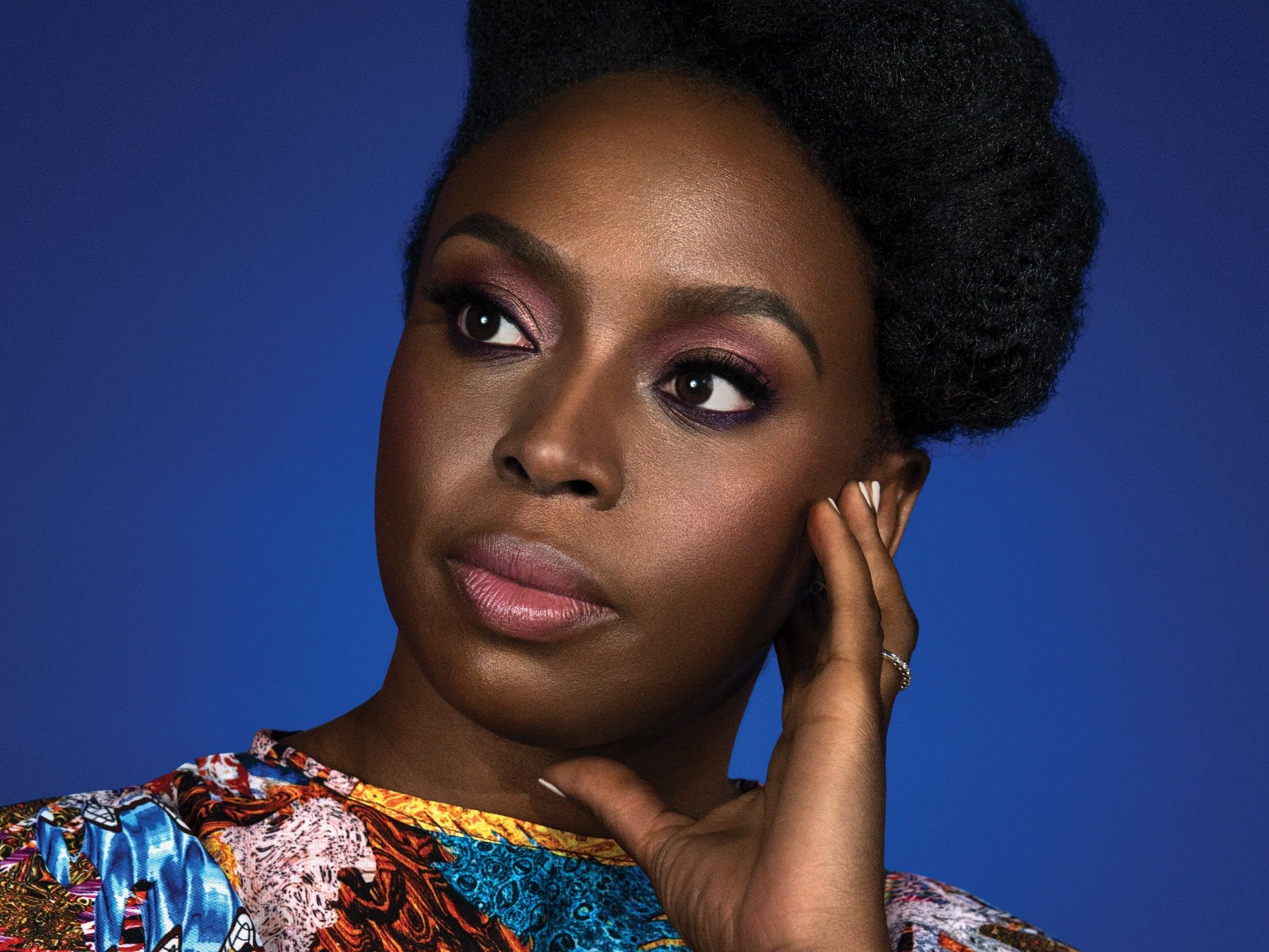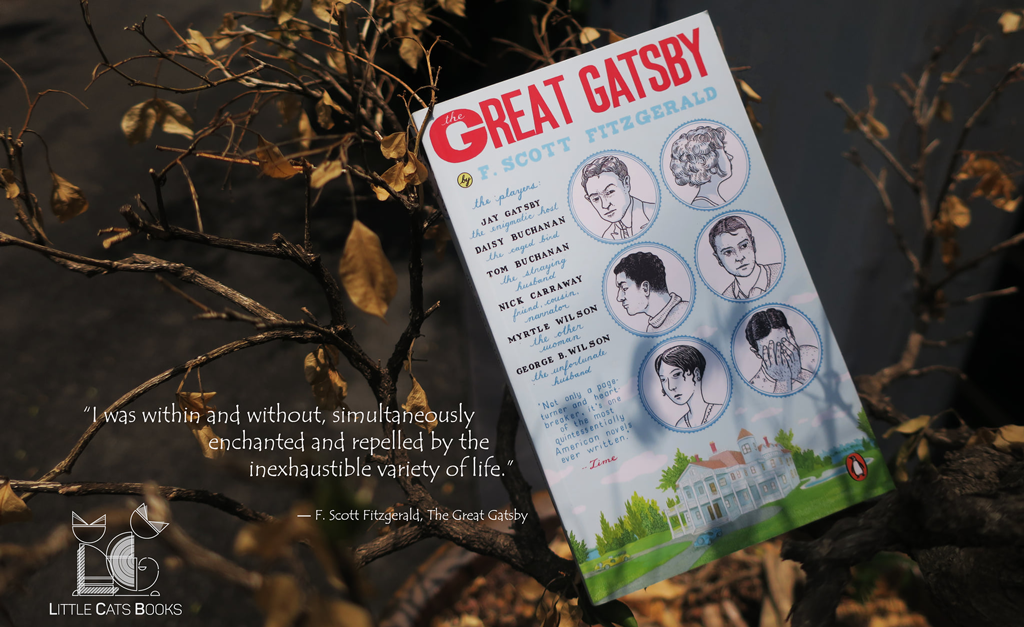Chimamanda Ngozi Adichie Sparks Controversy in Online Essay


Chimamanda Ngozi Adichie Sparks Controversy in Online Essay
25/07/2021
For more than a decade, the Nigerian novelist Chimamanda Ngozi Adichie has coached and mentored African writers through her annual creative writing workshop. Held in Lagos and Awka in Nigeria, the program has more than 200 graduates, including rising stars like Ayobami Adebayo, whose debut novel “Stay With Me” was shortlisted for the Baileys Prize, and Jowhor Ile, the first Nigerian winner of the Etisalat Prize for Literature.

Chimamanda Ngozi Adichie, left, drew both praise and criticism for an essay she wrote this week. A fellow writer, Akwaeke Emezi, said it was “designed to incite hordes of transphobic nigerians to target me.”Credit...From left: Christophe Archambault/AFP via Getty Images; Frances F. Denny for The New York Times
The workshops, with just 20 students out of thousands of applicants, are intimate and for some graduates, career-defining, leading to book deals, prizes and residencies.
“We become, even if only briefly, a family,” Adichie has said of the program.
But now, a rift between Adichie and one of her most prominent students, the writer Akwaeke Emezi, has spilled into public.
In a lengthy essay published on her website on Tuesday, Adichie accused a former student of publicly attacking her after a 2017 interview in which Adichie said, among other things, “I don’t think it’s a good thing to talk about women’s issues being exactly the same as the issues of trans women.” Adichie held up the personal feud as a cautionary tale about how social media has been used by “certain young people” as an ideological battering ram rather than a place to communicate and seek understanding.
While Adichie did not name Emezi or any other students, Emezi soon responded on Instagram, saying that Adichie had published emails without seeking permission, and that the essay was designed to “incite hordes of transphobic nigerians to target me.” In a later post, Emezi, who uses they/them pronouns and identifies as nonbinary, criticized the publishing industry for championing Adichie, the author of the novels “Americanah” and “Half of a Yellow Sun.”
“Adichie’s social capital originated from the publishing industry,” wrote Emezi, whose memoir, “Dear Senthuran,” was published last week. “You in the industry continue to platform her, laud her work with no mention of the harm her views inflict on the trans community, and on other writers.”
Through a publicist, Adichie declined to comment. Emezi did not respond to a request for comment.
The dispute — between prominent Nigerian writers whose work has broadened the international readership for contemporary African literature — echoes a larger debate about whether Twitter and other social media outlets have become too toxic, prone to posturing and virtue-signaling rather than honest expression. “What matters is not goodness but the appearance of goodness,” Adichie wrote. “We are no longer human beings. We are now angels jostling to out-angel one another. God help us. It is obscene.”
Shortly after Adichie posted her essay, social media erupted. Her name was a trending topic on Twitter for hours, prompting tens of thousands of responses. Some people dissected and criticized her views on gender, while others agreed that some people use social media as a weapon.


Add your comment